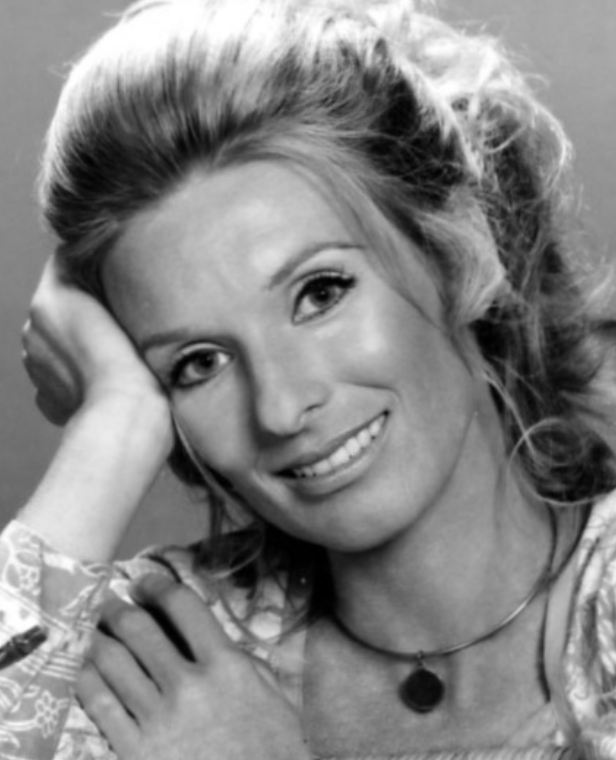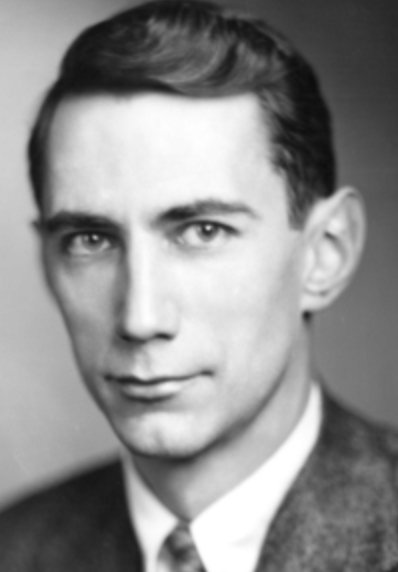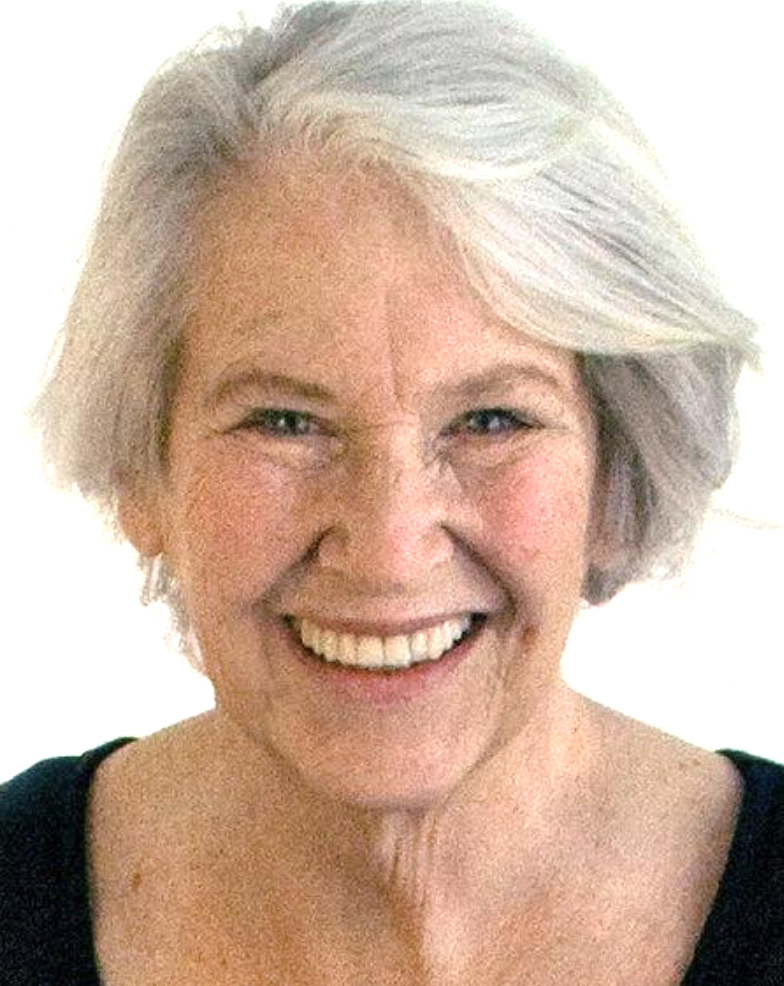April 30
Cloris Leachman

On this date in 1926, actress Cloris Leachman was born in Des Moines, Iowa. Her father owned a lumber company. After being crowned Miss Chicago in the 1946 Miss America competition, she won a scholarship to study at the Actor’s Studio in New York. Some of her earliest films include “Kiss Me Deadly” (1955), “Butch Cassidy and the Sundance Kid” (1969) and “The Last Picture Show” (1971), for which she won an Academy Award. She had roles in three Mel Brooks films: Frau Blücher in “Young Frankenstein” (1974), demented nurse Charlotte Diesel in “High Anxiety” (1977) and Madame Defarge in “History of the World: Part I.”
She played memorable roles on television, including Timmy’s mother on “Lassie” from 1957-58, and Phyllis Lindstrom on “The Mary Tyler Moore Show” (1970-77) and in her own series, “Phyllis” (1975-77). She made frequent appearances on “The Facts of Life” and other shows. She played a main character in 83 episodes of the comedy “Raising Hope” (2010-14). In over 60 years of acting, in roles ranging from comedic to dramatic, Leachman won eight Emmys, appeared in over 100 TV shows and, in the fall of 2008, participated as the oldest contestant yet (age 82) on “Dancing With the Stars.”
From 1953-79 she was married to Hollywood impresario George Englund, with whom she had five children before divorcing. Asked in a 2012 Huffington Post interview if she considered herself an atheist, she replied, “Definitely.” Asked about religious miracles, she said, “Extraordinary miracles, billions and trillions of them, happen all the time but not because there’s a God. … It’s beyond belief. There are 7 billion people on the planet. Is he hearing 7 billion people at once?”
She died at age 94 in Encinitas, Calif. (D. 2021)
PHOTO: Leachman in a 1970 publicity still.
“I don't believe at all in God and I'm very relieved that I don't.”
— Leachman interview, Huffington Post (June 20, 2012)
Claude Shannon

On this date in 1916, Claude Elwood Shannon was born in Petoskey, Mich. He grew up in Gaylord, where he attended public schools and showed a talent for mathematics and engineering. He received a B.S. in mathematics and electrical engineering from the University of Michigan in 1936, then went on to MIT for graduate studies. While working with a mechanical computer called the Differential Analyzer, Shannon came up with the idea for a computer in which numbers would be represented by states of electrical circuits rather than ratios of gears.
He published this work in a master’s thesis which outlined the use of Boolean logic and binary numbers in a digital computer. He then earned his Ph.D. in mathematics in 1940. In 1948 he published a paper, “A Mathematical Theory of Communication,” which is regarded as the foundation of information theory, in which he defined the bit and discussed the mathematics of communication problems. At that time he was attached to Bell Labs, which had just developed the transistor, a technology that greatly improved the viability of the electronic computer.
Starting in the 1950s, technological advances which depended on Shannon’s work were changing the world on a regular basis. His later interests included artificial intelligence, card-counting, finance and juggling (the subject of his last published paper). In the 1950s he also devised a program for a chess-playing computer.
Shannon married Norma Levor, a wealthy Jewish intellectual in 1940 but divorced after about a year. In 1949 he married Mary Elizabeth “Betty” Moore when she was a numerical analyst at Bell Labs. She worked with him on some of his inventions. They had three children. Although Shannon lived into the digital age, he was unaware of later developments due to Alzheimer’s. He lived in a nursing home the last eight years of his life, dying at age 84. (D. 2001)
"Shannon described himself as an atheist and was outwardly apolitical."
— William Poundstone, "Fortune's Formula: The Untold Story of the Scientific Betting System" (2005)
Annie Dillard (Quote)

“If God’s escape clause is that he gives only spiritual things, then we might hope that the poor and suffering are rich in spiritual gifts, as some certainly are, but as some of the comfortable are too. In a soup kitchen, I see suffering. Deus otiosus: do-nothing God who, if he has power, abuses it.”
— Writer Annie Dillard was born on this date in 1945 in Pittsburgh. Her personal website lists her religion as "None," although she embraced Catholicism in the late 1980s and part of the 1990s. The quote is from her 1999 memoir "For the Time Being."
